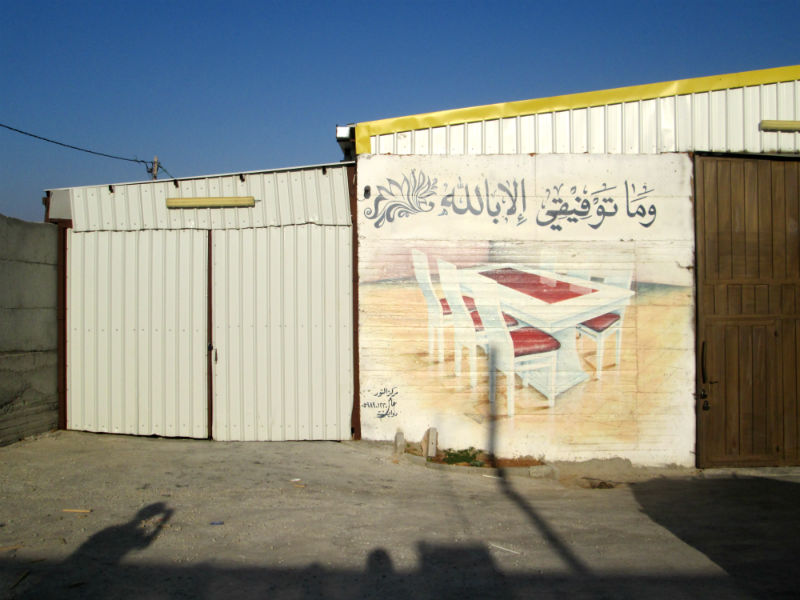Tag: Bet El settlement
-
Army to Duma: “Stop building!” Duma to army: “We’ve built already”
24th June, 2013 | International Women’s Peace Service & International Solidarity Movement, Team Nablus | Duma, Occupied Palestine On Thursday 20th June, Israeli soldiers and border police handed out “stop building” orders to 11 buildings in the village of Duma, southeast of Nablus. The papers state that owners of the targeted buildings, which include family…
-
Six homes in Sarra threatened with demolition orders
19th June 2013 | International Solidarity Movement, Nablus Team | Sarra, Occupied Palestine On Monday 10th June Israeli occupation forces in jeeps visited six homes in Sarra and left demolition orders that affect the lives of around fifty people all with young children. The homes have been declared ‘illegal’ under Israeli planning law, claiming that they…

